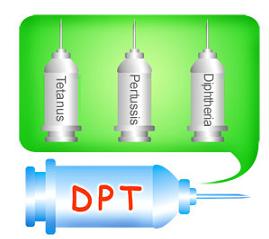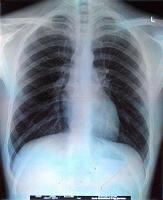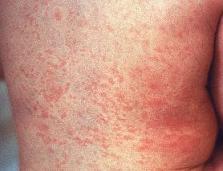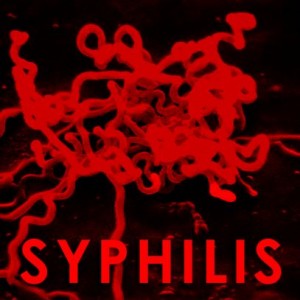Diphtheria Causes, Signs & Symptoms, and Treatment
posted by: Rio Dianne
 Diphtheria is a medical condition given to talk about a highly infectious disease caused by the bacterium Corynebacterium diphtheriae. This bacterial infection affects the respiratory system including the nose, tonsils, pharynx, and larynx. At times, the skin as well as the tissues lining the ears and eyes may be affected as well. Learn more as we tell you about diphtheria causes, signs and symptoms, and treatment.
Diphtheria is a medical condition given to talk about a highly infectious disease caused by the bacterium Corynebacterium diphtheriae. This bacterial infection affects the respiratory system including the nose, tonsils, pharynx, and larynx. At times, the skin as well as the tissues lining the ears and eyes may be affected as well. Learn more as we tell you about diphtheria causes, signs and symptoms, and treatment.
Diphtheria Incidence and Causes
Generally, children below five years old and individuals who are 60 years old and up are at risk to developing the disease. Its mode of transmission can be via respiratory droplets especially when coughing and sneezing which are spread from person to person. Direct contact with the infected person’s soiled articles (e.g. utensils) can also lead to developing the condition.
Other causes linked to its occurrence include poor hygiene, absence of immunization, and crowded environments.
Diphtheria Signs and Symptoms
Two to five days after being infected with the bacteria, signs and symptoms may start to appear. The symptoms resemble an upper respiratory infection like the following:
- Low grade fever
- Body malaise
- Cough
- Sore throat
- Nasal discharge
- Difficulty swallowing
- Difficulty breathing
- Swollen lymph nodes
When left untreated, the condition can be fatal and may lead to complications like diphtheric myocarditis or inflammation of the heart muscles and neuritis or damage to the nerves. Therefore, when such symptoms are seen, it is necessary that you seek medical attention to be diagnosed properly and undergo tests like throat culture and ECG.
How to Treat Diphtheria
Oftentimes, hospitalization is required on how to cure the problem. The sufferer is given anti toxin via intravenous line or injection into a muscle. Moreover, antibiotic therapy with erythromycin and penicillin is needed as part of treatment.
Since it poses one to a couple of complications involving the heart and the nerves, careful monitoring is essential. Other measures include oxygen therapy in cases of blocked respiratory airways, intravenous therapy, and complete bed rest.
Diphtheria Prevention
Vaccination with the Diphtheria- Pertussis- Tetanus (DPT) vaccine is a great intervention you can do on how to prevent being afflicted with the disease. This immunization is given to infants in five shots. This is also suggested for young adults and adults. Moreover, booster shots are recommended to boost immunity.
This disease is something that is beyond self or home treatment. Therefore, if you suspect having the disease, make sure that you visit your doctor immediately to prevent untoward instances concerning the condition. Stay healthy!
You might also like
|
|
|
|
|




